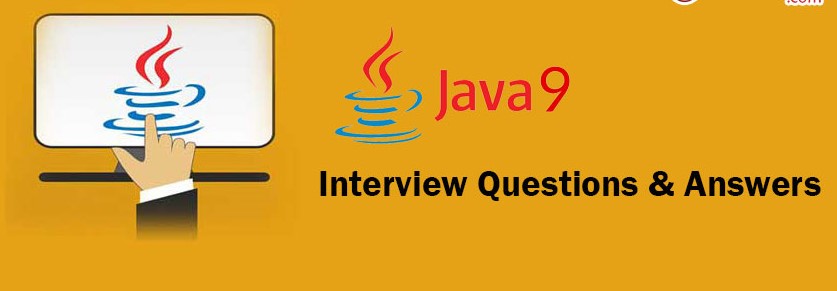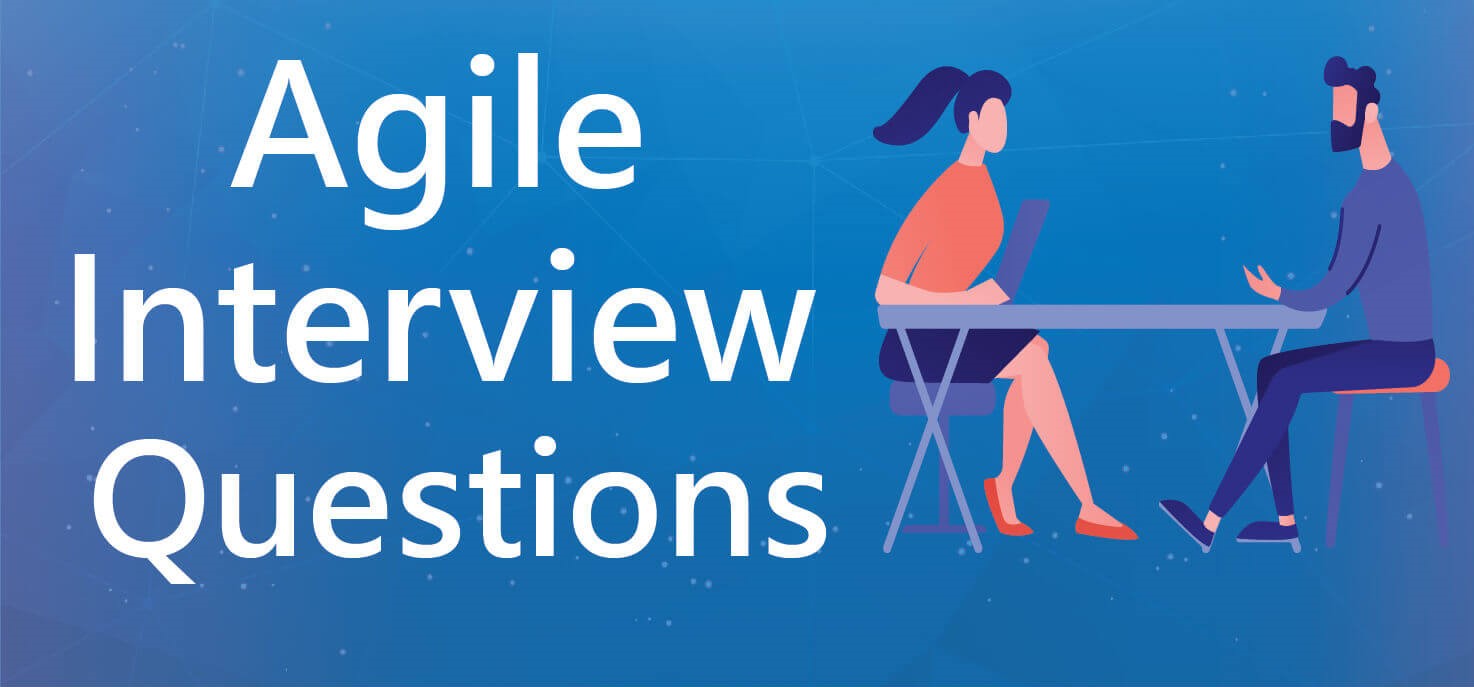As experienced professionals delve into the world of Google Cloud Platform (GCP), a robust understanding of its intricacies becomes paramount. Whether you’re aspiring for a new role or aiming to enhance your existing skills, mastering GCP interview questions is crucial. In this comprehensive guide, we’ll explore the top 20 GCP interview questions tailored for seasoned professionals. Each question will be accompanied by in-depth answers to ensure you’re well-equipped for success.
Top 20 GCP Interview Questions:
1. What is Google Cloud Platform, and why is it popular?
- GCP is a suite of cloud computing services, offering infrastructure, storage, analytics, machine learning, and more. Its popularity stems from its scalability, reliability, and vast array of services catering to diverse business needs.
2. Explain the key components of GCP’s core infrastructure.
- Core components include Compute Engine for virtual machines, Cloud Storage for object storage, and Bigtable for NoSQL databases. Familiarity with these components is essential for a comprehensive understanding of GCP.
3. What is the significance of IAM in GCP?
- Identity and Access Management (IAM) in GCP ensures secure access control by managing user permissions. It’s crucial for defining who can access specific resources and what actions they can perform.
4. Differentiate between GCP’s App Engine and Kubernetes Engine.
- App Engine is a fully managed serverless platform, while Kubernetes Engine provides a container orchestration system. Understanding when to use each is key for deploying and managing applications effectively.
5. How does GCP’s BigQuery differ from traditional databases?
- BigQuery is a fully-managed, serverless data warehouse designed for analytics, offering real-time insights. Its key differentiator is its scalability and the ability to handle massive datasets with ease.
6. What is Cloud Pub/Sub, and how is it used in GCP?
- Cloud Pub/Sub is a messaging service facilitating communication between independent applications. It is commonly used for building scalable and event-driven systems on GCP.
7. Explain the purpose of GCP’s Cloud Functions.
- Cloud Functions enables serverless computing, allowing developers to run code without provisioning or managing servers. It’s ideal for event-driven applications and microservices.
8. How does GCP ensure data security and compliance?
- GCP employs robust security measures, including encryption in transit and at rest, IAM policies, and compliance certifications. Familiarity with these measures is crucial for maintaining data integrity.
https://informationarray.com/2023/12/13/selenium-interview-success-top-20-questions-answered-for-seamless-automation-careers/
9. What is Cloud Spanner, and when is it preferred over traditional databases?
- Cloud Spanner is a globally distributed, horizontally scalable database. It is preferred when global consistency and scalability are critical, making it suitable for large-scale applications.
10. Examine the role of VPCs in GCP’s networking architecture.
- Virtual Private Clouds (VPCs) provide isolated network environments within GCP. Understanding VPCs is essential for configuring secure and scalable network architectures.
11. What is Google Kubernetes Engine (GKE), and how does it simplify container orchestration?
- GKE is a managed Kubernetes service that simplifies the deployment, management, and scaling of containerized applications. It abstracts the complexity of Kubernetes, allowing developers to focus on building applications.
12. Explain the role of Cloud Identity-Aware Proxy (IAP) in GCP’s security model.
- IAP provides a central authentication and authorization layer for applications hosted on GCP. It ensures that only authenticated and authorized users can access applications, enhancing security.
13. How does GCP’s AutoML benefit machine learning practitioners?
- AutoML is a suite of machine learning tools that automates various aspects of the ML pipeline, making it more accessible to non-experts. It simplifies tasks like model training, deployment, and maintenance.
14. Discuss the use cases and advantages of Cloud Storage in GCP.
- Cloud Storage is GCP’s object storage solution, suitable for storing and retrieving any amount of data. Its advantages include high durability, scalability, and ease of integration with other GCP services.
15. What is Cloud Identity, and how does it integrate with GCP?
- Cloud Identity is an identity and access management service that integrates seamlessly with GCP. It provides centralized user management, single sign-on, and multi-factor authentication for enhanced security.
16. Examine the significance of Google Cloud Functions in serverless computing.
- Cloud Functions allows developers to write single-purpose functions that automatically scale and deploy without managing servers. It’s ideal for event-driven architectures and microservices.
https://informationarray.com/2023/12/18/cracking-the-code-top-20-google-sql-interview-questions-and-expert-answers-for-success/
17. How does GCP’s Memorystore enhance the performance of applications?
- Memorystore is a fully managed in-memory data store service. It enhances application performance by providing a fast, scalable, and reliable cache for frequently accessed data.
18. Discuss the role of GCP’s Deployment Manager in infrastructure as code (IaC).
- Deployment Manager enables the creation and management of GCP resources through declarative configuration files. It facilitates infrastructure automation and reproducibility.
19. What is Cloud Armor, and how does it protect applications on GCP?
- Cloud Armor is a DDoS and application defense service. It protects applications against threats, such as malicious bots and distributed denial-of-service attacks, ensuring uninterrupted service.
20. Explain the advantages of using Google Cloud Marketplace in GCP.
- Google Cloud Marketplace is a digital storefront for enterprise-ready solutions. It provides a convenient way to discover, purchase, and deploy third-party applications, saving time and effort in software procurement.










